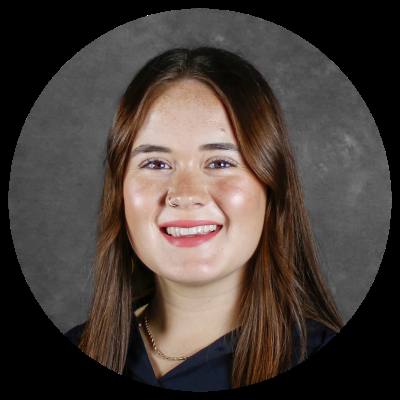The LISD board of trustees approved certification waivers for teachers in the 2024-25 school year at a Sept. 19 meeting.
How it works
Texas school districts can apply for waivers allowing uncertified candidates to teach for up to three years, excluding prekindergarten, special education and bilingual teaching positions. Educators employed through the waivers are expected to work toward receiving their certification while teaching.
LISD requires the following qualifications for teachers to be hired on a certification waiver:
- Bachelor’s degree or higher
- Related education or experience in assigned teaching area
- Enrollment in an alternative certification program or standard teacher certification outside of assigned teaching area
- Ineligibility for a temporary classroom permit or emergency permit
The context
LISD began using certification waivers last school year to fill vacant teaching positions.
This school year, LISD will continue to use the waivers due to a lack of certified teaching candidates in the district as well as throughout the state and the nation, said Tiffany Duncan, interim chief human resources officer. The number of people entering the education field has declined, and less students are studying education in college, she said.
Texas school districts have increasingly relied on uncertified teachers to address staffing shortages in recent school years. The number of uncertified teachers hired across the state more than tripled from the 2019-20 to 2023-24 school year, according to TEA data.
By the numbers
The district anticipates using 53 waivers this school year for:
- Fourteen staff members continuing from the 2023-24 school year
- Twenty-three new elementary teachers
- Sixteen new secondary teachers
What they’re saying
The certification process is taking longer for some teachers due to stricter requirements from alternative certification programs, Duncan said. For the 2024-25 school year, the number of observation hours required through some programs nearly doubled, she said.
“It’s very challenging for teachers to work on certification while teaching full-time,” Duncan said. “We’re understanding of that. We believe that those who have stayed with us are working hard on that.”
Going forward
LISD plans to implement new strategies to assist teachers in receiving their certifications, including a form monitoring teachers’ progress on observation hours and modules, Duncan said.
This school year, the district piloted a partnership with UTeach—an alternative certification program through The University of Texas at Austin— to fill math and science teaching positions.





